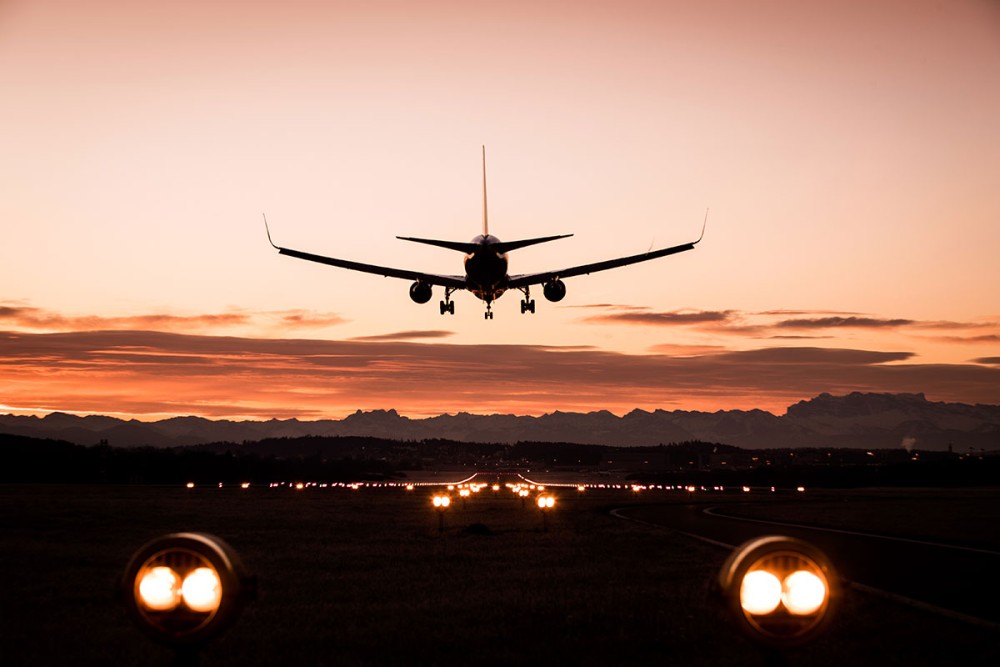My first post-pandemic flight was a bumpy ride
I murmured my prayers, counted my breaths, and got through it.

This is a summer of firsts. The first time we’ve seen our parents, our children, or our grandchildren since the pandemic began. The first hug from a friend we’ve seen only on Zoom. The first meal in a restaurant. The first indoor worship service. The first trip to the airport, the first flight.
A friend and colleague of mine who used to work in the United Arab Emirates recently wrote to me from the plane on her first visit back, ecstatic. She was looking forward to so many firsts: the first time to see her friends, the first time to eat the food she’s missed, the first time to see the dolphins leaping in the sea since arriving in New England mid-pandemic. “I’m on the plane!” she wrote, the fizz of her joy reaching me thousands of feet below on the ground.
Her message, with its report of people moving around the world again, brought me close to tears. But the thought of returning to the air also sent a shiver through me. As much as I long to travel, I’ve been dreading my first flight. I’m not a great flier in any circumstances—more of an armrest-clencher, the person you notice grimacing at every bump in the air. But as vaccinations went up and COVID cases went down over these last months, my first flight loomed—one I had been due to take in mid-March of 2020, postponed until June, and then postponed again to the following June. Fifteen months after I was meant to board the plane, I finally flew to Houston to meet a commitment made long ago.




